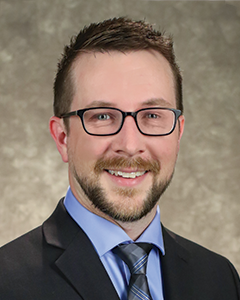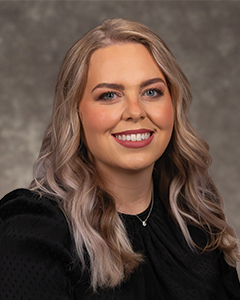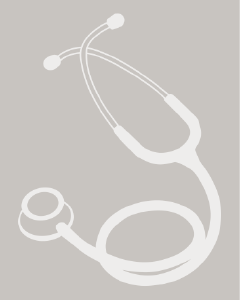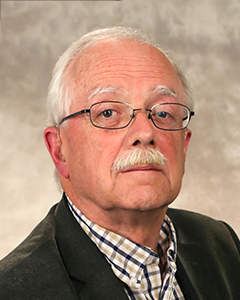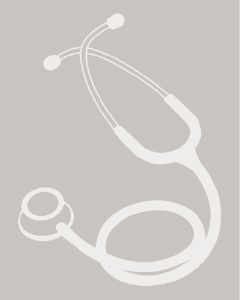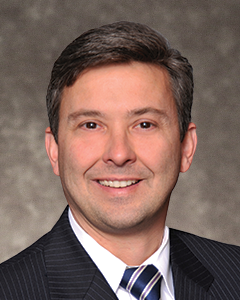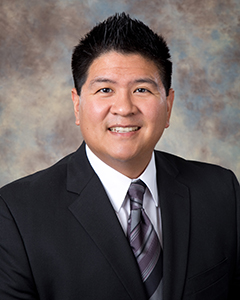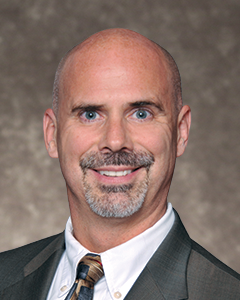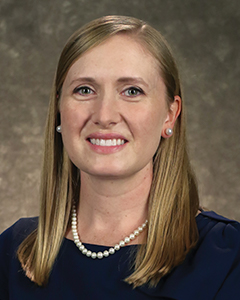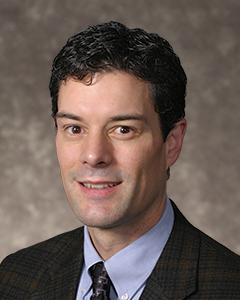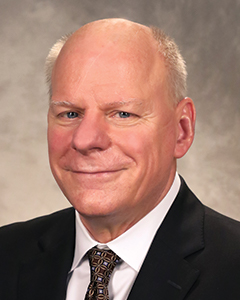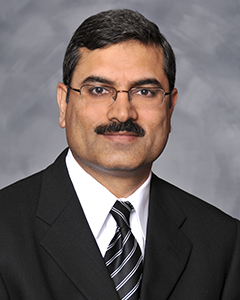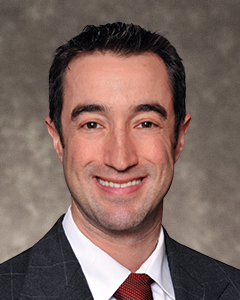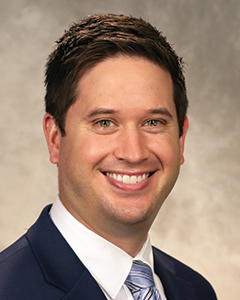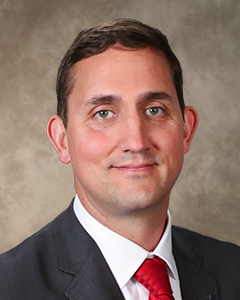Gastroenterology
It’s normal to experience occasional digestive issues like upset stomach or heartburn. But when a gastrointestinal (GI) issue won’t go away or keeps you from the activities you love, it’s good to know help is close by.
With one of the top GI labs in Kansas City, and a renowned team of specialists, you’ll have everything you need, right here on the North Kansas City Hospital campus, to better understand your condition and take back control of your health.
What’s a Gastroenterologist?
Gastroenterologists are doctors who specialize in diagnosing and treating problems in the digestive tract, which includes the stomach, intestines, liver, gallbladder, pancreas, colon and rectum.
When you need help with a digestive issue, our team will work closely with you, and other healthcare providers when needed, to create a treatment plan that helps you get — and stay — healthy. With board-certified gastroenterologists who perform more than 60 procedures every day, and a GI nurse navigator helping you navigate every step of your care, you can feel confident you’re in good hands.
Conditions We Treat
If a GI issue is disrupting your days, it’s time to talk with a doctor. Our skilled and caring experts diagnose and treat a wide range of conditions, including:
- Acid reflux (GERD)
- Anemia
- Barrett’s esophagus
- Clostridium difficile colitis (C. diff.)
- Colitis
- Colon cancer
- Crohn’s
- Diverticulitis
- Fecal incontinence
- Hemorrhoids
- Inflammatory bowel disease (IBD)
- Irritable bowel syndrome (IBS)
- Polyps (small growths in your large intestine)
- Ulcers
Gastroenterology Tests
We know the faster you get answers, the sooner you can get back to the life you love. That’s why our state-of-the-art lab features some of the best diagnostic equipment available today.
To check for a potential GI problem, you may need one or more of the following tests:
- Capsule endoscopy involves having you swallow a pill with a tiny camera inside to capture pictures of your digestive tract.
- Colon cancer screening helps us identify precancerous growths by using a scope to look inside your rectum and colon.
- Endoscopic ultrasound (EUS) captures images of your esophagus, gastrointestinal tract and stomach with a device that’s inserted into your mouth and guided through your digestive tract.
- Endoscopic retrograde cholangiopancreatography (ERCP), much like the EUS, captures images of the gallbladder, liver and pancreas — it just uses X-rays instead of ultrasound.
- Esophageal pH tests follow a similar scoping process to measure the amount of acid that flows from your stomach into your esophagus.
- Single balloon enteroscopy not only helps us pinpoint digestive issues, it also helps us treat some conditions since it allows doctors to get to areas of the small intestine that aren’t easily reached by traditional endoscopy.
- Upper endoscopy (EGD) uses a tube and camera to look at the upper GI tract, including your esophagus, the first section of your small intestine.
"Everyone from the prep nurses to the doctor were WONDERFUL. The experience was very easy, and everyone made me feel warm and taken care of. Thank you to all the staff at NKCH. Bravo!" ~ James, WOW comment
GI Surgery & Procedures
When you need treatment for a GI issue, our specialists will go over each of your treatment options, so you can make the decision that’s right for you. Whenever possible, we’ll take a minimally invasive approach to care. But sometimes surgery for a GI condition is the best option for lasting relief.
Look to our GI experts if you need:
- Anal fistula repair to ease discomfort and to help avoid infection
- Anal sphincter reconstruction to help with incontinence
- Barrett’s esophagus treatment to remove damaged cells and tissue
- Bowel obstruction surgery to remove anything that’s blocking the intestines and repair any damaged areas
- Colon resection to remove all or part of your colon
- Fecal microbiota transplantation (FMT) to help fight infection
- Feeding tube placement to ensure proper nutrition
- Hemorrhoid removal to ease bothersome symptoms like bleeding, pain and swelling
- J-pouch creation to reconstruct the bowel tract
- Minimally invasive options, like robotic and laparoscopic surgery, to treat colon cancer
- Single-site gallbladder surgery to ease symptoms and avoid further complications
- Sphincterotomy to treat anal fissures (tears in the opening of the anus)
Preregister for Surgery
Save time on the day of your procedure when you preregister online. Read how to prepare for your surgery.
GI Nurse Navigator
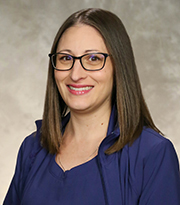
Sarah Newcomer, RN, BSN
Getting a new GI diagnosis can sometimes feel overwhelming. But you aren't alone. Our GI nurse navigator will guide you through every step of your care, including acting as your advocate and helping you make informed decisions.
Sarah Newcomer graduated from Graceland University in 2009 with a bachelor of science degree in nursing and began at NKCH right after graduation.
Sarah has worked as a floor nurse and a nurse case manager. She became a nurse navigator because she is passionate about patient education and helping patients navigate the hospital/healthcare system.
Sarah is married with two children. In the summer she enjoys going to the lake as often as possible.

